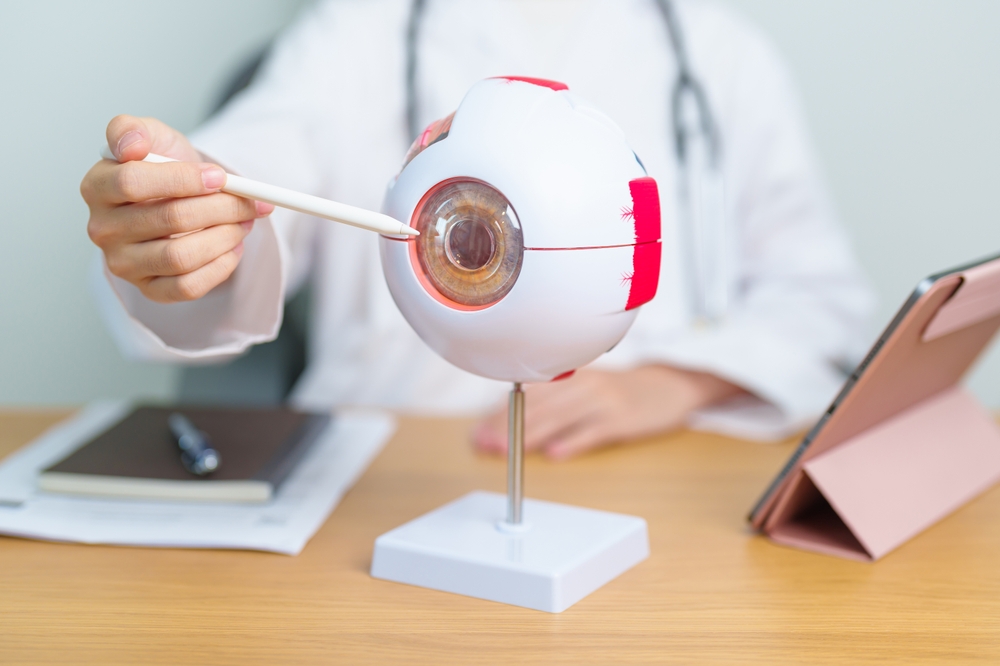
Macular degeneration is a common eye condition that primarily affects adults over the age of 50. It targets the macula, the part of the retina responsible for sharp central vision. Understanding how quickly this can happen and why regular eye exams are essential can help preserve your vision.
What is the Difference Between Dry and Wet Macular Degeneration?
Dry macular degeneration develops slowly and occurs when the macula gradually thins with age. This process leads to the accumulation of small yellow deposits called drusen beneath the retina, which can distort vision over time. Most people diagnosed with macular degeneration initially have the dry form.
Wet macular degeneration, on the other hand, involves the growth of abnormal blood vessels under the retina. These vessels may leak fluid or blood, rapidly damaging the macula and leading to sudden vision loss. Wet macular degeneration is less common but far more aggressive.
How Long Does Progression Take?
There is no set timeline for when or if dry macular degeneration will progress to the wet form. In many individuals, dry macular degeneration remains stable for years and never advances. However, for some, it can progress to wet macular degeneration unexpectedly and rapidly.
Studies suggest that about 10 to 15 percent of people with dry macular degeneration will eventually develop the wet form. The risk increases with age and with the presence of larger or more numerous drusen deposits. Other factors that may accelerate progression include smoking, high blood pressure, and a family history of the condition.
Why Regular Eye Exams Are Important
Because the transition from dry to wet macular degeneration can happen quickly, regular eye exams are crucial. Your eye doctor can monitor the health of your retina and detect subtle changes before they lead to significant vision loss. Early detection allows for timely treatment, especially for wet macular degeneration, where prompt therapy can slow or stop the progression of damage. In some cases, your eye care provider may use advanced imaging techniques to track changes in the retina. These tools can help detect fluid buildup or abnormal vessel growth at the earliest stages.
Protect Your Sight at Primary Vision Care
While dry macular degeneration often progresses slowly, the shift to wet macular degeneration can happen without warning. Regular comprehensive eye exams are your best defense in catching these changes early and protecting your vision for the future.
Schedule your annual eye exam with Primary Vision Care to receive personalized care to stay ahead of macular degeneration. Visit our office in Newark, Waynesville, Lancaster, Mount Vernon, or Wilmington, Ohio. Call (740) 299-1155, (513) 897-2211, (740) 654-9909, (740) 393-6010, or (937) 382-4933 to book an appointment today.







